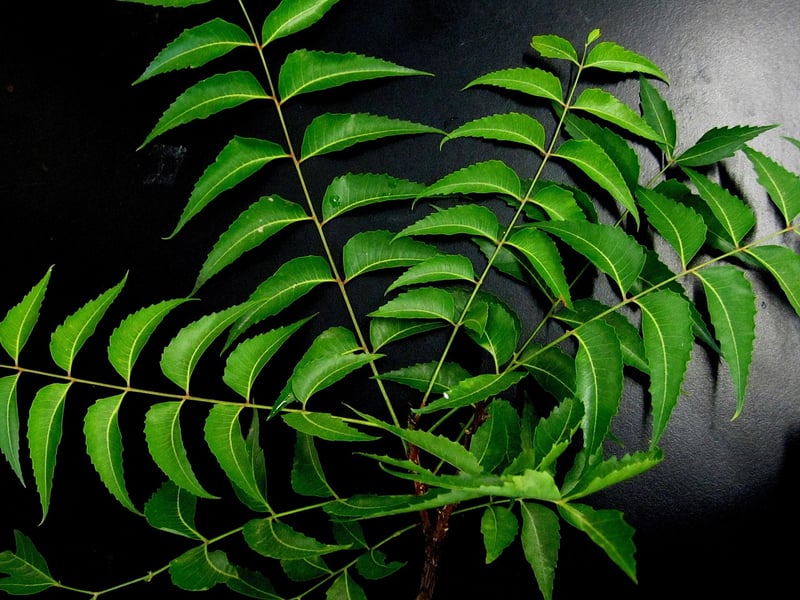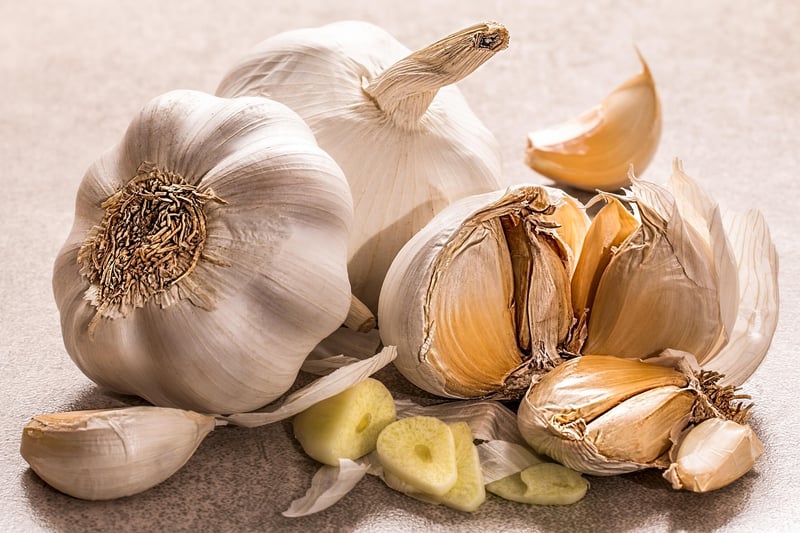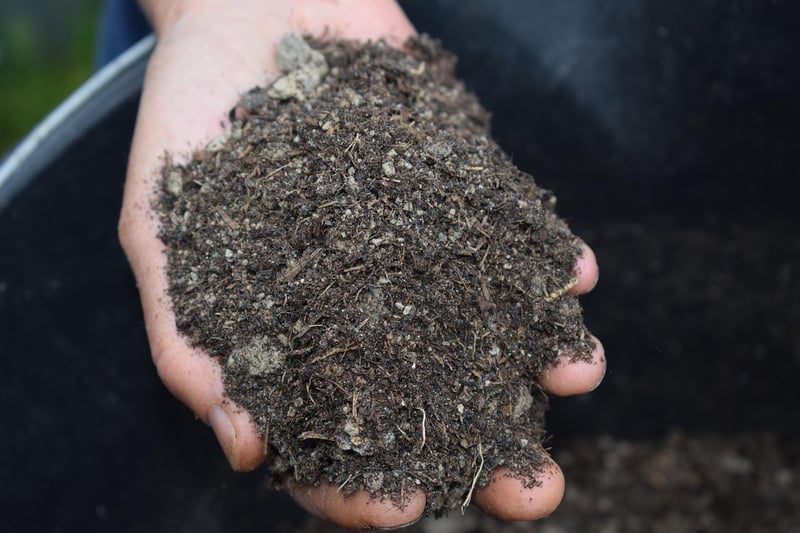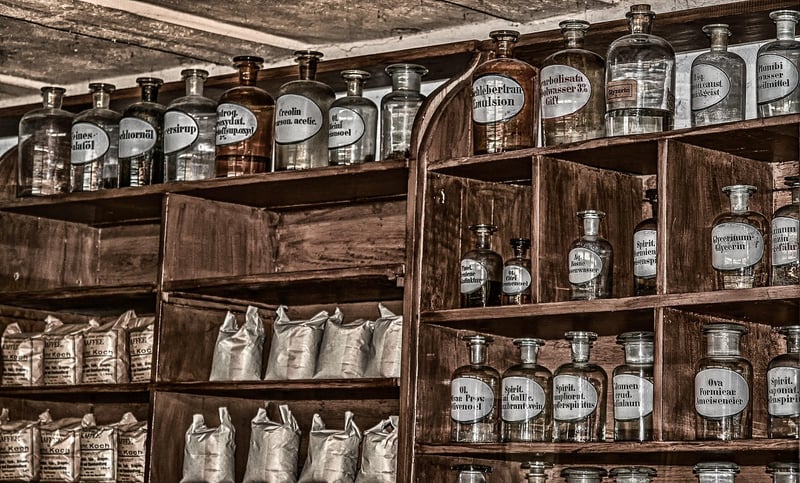Natural Remedies
Protecting Your Garden with Natural Remedies
Having a beautiful garden is a joy, but it can also be a challenge to keep it healthy and thriving. Instead of resorting to harsh chemicals, consider using natural remedies to protect your garden from pests and diseases. Not only are these methods safer for the environment, but they can also be effective in maintaining a vibrant garden. Here are some natural remedies you can use to safeguard your garden:
1. Neem Oil

Neem oil is a natural insecticide and fungicide that can help control pests such as aphids, whiteflies, and spider mites. It is safe to use around children and pets and can be applied directly to plants to deter pests and prevent fungal diseases.
2. Diatomaceous Earth

Diatomaceous earth is a powdery substance made from fossilized algae that can be sprinkled around plants to control slugs, snails, and other crawling insects. It works by dehydrating the pests and is safe to use in organic gardening.
3. Garlic Spray

Garlic spray is an effective natural insect repellent that can deter aphids, caterpillars, and other pests. To make garlic spray, simply blend garlic cloves with water and strain the mixture before spraying it on your plants.
4. Companion Planting

Companion planting involves growing certain plants together to benefit each other in various ways. For example, planting marigolds alongside tomatoes can help repel nematodes and other pests, reducing the need for chemical pesticides.
5. Mulching

Applying mulch around your plants can help suppress weeds, retain moisture in the soil, and regulate soil temperature. Organic mulches like straw, wood chips, or leaves can also enrich the soil as they decompose.
By incorporating these natural remedies into your gardening routine, you can protect your garden in an eco-friendly way while promoting a healthy and sustainable environment for your plants to thrive.
Remember, a little bit of prevention and care go a long way in maintaining a flourishing garden without the need for harmful chemicals.
Happy gardening!
